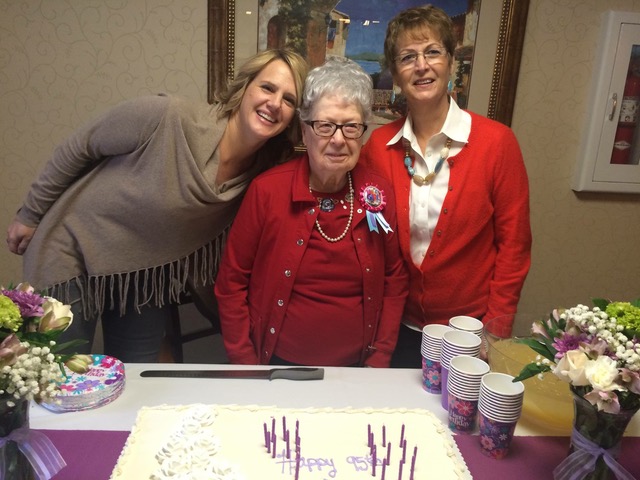Becoming a care partner is a profound decision that reflects your compassionate nature and willingness to support a loved one in their time of need. It is a role that requires both emotional and practical considerations, as you navigate through the challenges and joys of providing care. In this blog post, we will delve into the reasons behind this transformative decision and provide you with a thought process to ensure you are well-prepared for your caregiving journey.
Understand Your Motivations:
Before embarking on the path of a care partner, reflect on your motivations. Have you considered why you want to take on this role and what it means to you? Some common reasons include love for the person in need, a desire to maintain their independence, or a sense of duty towards family. Understanding your motivations will help you stay committed during challenging times and will serve as a reminder of the importance of your role.
Assess the Needs:
Every care partnership is unique, as the needs of the person requiring care will vary. Begin by assessing their specific needs, whether they are physical, emotional, or cognitive. This will enable you to tailor your caregiving approach accordingly. Consult with healthcare professionals, like SandwYch. If you are a Do-it-yourself (DIY) type, conduct research, and engage in open conversations with your loved one to gain a comprehensive understanding of their wishes and talk to your support network.
Build a Support Network:
Caring for someone can be physically and emotionally demanding. Establishing a strong support network is crucial to prevent burnout and provide the best care possible. Reach out to family members, friends, and support groups who can offer assistance or simply lend an empathetic ear. Remember, you don’t have to do it all alone.
Educating Yourself:
To be an effective care partner, continuous learning is essential. Take the time to educate yourself about the specific condition or illness your loved one is facing. Understanding the symptoms, treatment options, and available resources will enable you to provide informed support. Attend workshops, read reliable sources, and consult healthcare professionals to expand your knowledge.
Organize Practical Matters with the person you are caring for and other family members: Caring for someone often involves managing numerous practical matters. A DIY approach is to create a checklist of tasks that need to be addressed, such as medical appointments, medications, legal paperwork, and financial considerations. Being organized will help you stay on top of things and ensure nothing falls through the cracks.
Self-Care:
In the midst of caregiving responsibilities, it is easy to neglect your own well-being. Taking care of yourself is not selfish; it is essential for your ability to care for others. Incorporate self-care activities into your routine, whether it’s engaging in hobbies, seeking emotional support, or simply taking breaks to recharge. Prioritize your own physical and mental health to maintain the energy and positivity needed for your caregiving journey.
Becoming a care partner is a significant decision that requires compassion, dedication, and preparation. By understanding your motivations, assessing the specific needs, building a support network, educating yourself, organizing practical matters, and practicing self-care, you are setting yourself up for a fulfilling and successful caregiving experience. Remember, you are not alone on this journey, and your role as a care partner is invaluable in providing love, support, and comfort to your loved one in need. Thank you for all you do. We are here for you every step of the way.
Amy




